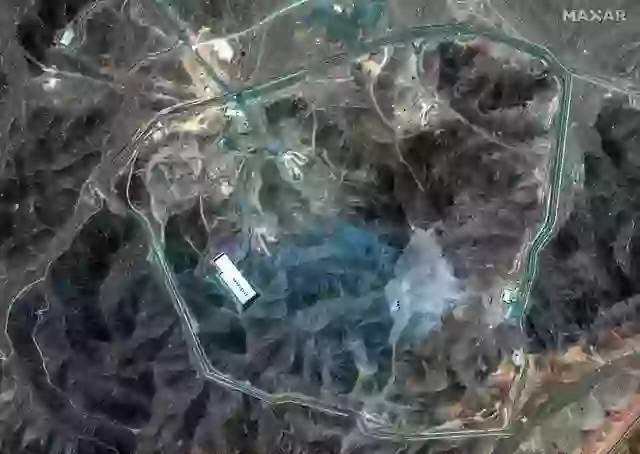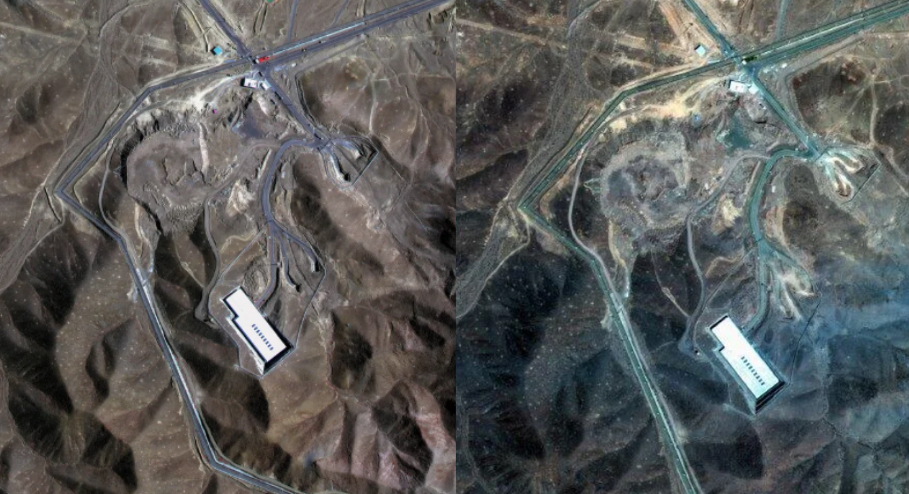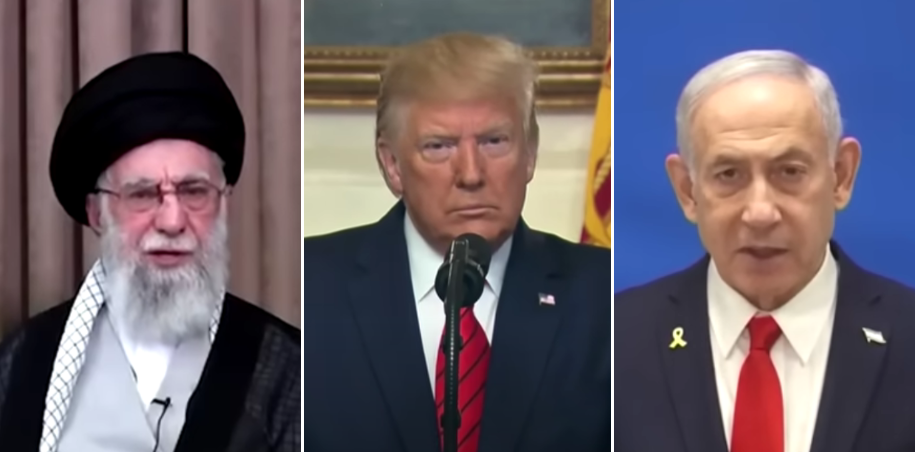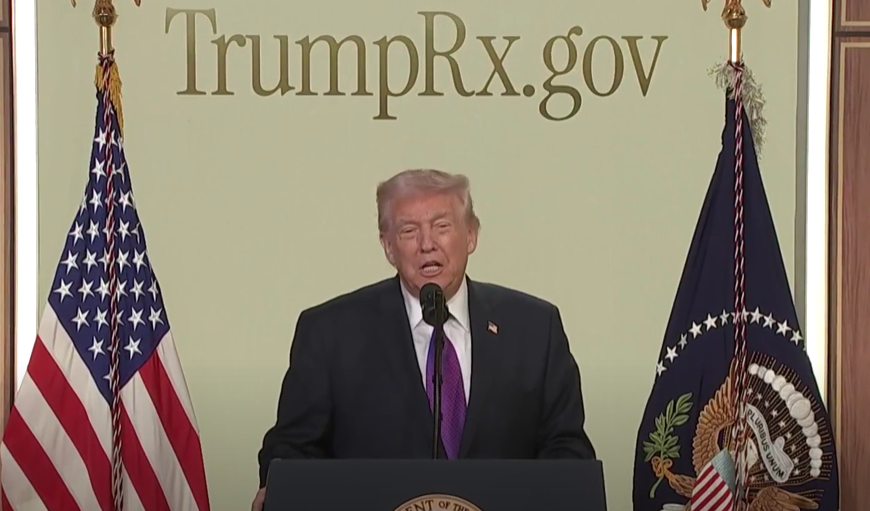The White House Is Furious Over a Leaked Report Questioning Trump’s Claim of “Obliterating” Iran’s Nuclear Sites

How does the leaked intelligence on Trump’s Iran strikes challenge the White House’s official statements?
Recent events have stirred tension in Washington, D.C., as secret documents surfaced, challenging bold statements made by President Donald Trump.
What did these papers reveal, and why is the White House so upset? Let’s dive into the details of this unfolding story.
The Strike and Trump’s Claims

On June 21, 2025, the United States, alongside Israel, launched military strikes on three nuclear sites in Iran: Natanz, Isfahan, and Fordo.
“Everyone knows what happens when you drop 14 30,000 pound bombs perfectly on their targets: total obliteration.”
President Trump announced that the operation, dubbed “Operation Midnight,” was a complete success, claiming the sites were “totally obliterated.”
Trump said yesterday (24 June): “I think it’s been completely demolished. Those pilots hit their targets. Those targets were obliterated, and the pilots should be given credit.”
He praised the U.S. pilots and stated that Iran’s nuclear program was effectively destroyed. These strong words aimed to show strength and reassure allies, but soon, a different picture emerged.
Leaked Intelligence on Trump’s Iran Strikes Tells a Different Story

Just days after the strikes, an intelligence report from the Defense Intelligence Agency (DIA) was leaked to the media. The report suggested that the damage to Iran’s nuclear facilities was not as severe as Trump claimed.
According to sources, the strikes set Iran’s nuclear program back by only a few months, not years. The report also noted that Iran had moved about 400 kilograms of uranium enriched to 60% purity before the attack, potentially safeguarding key materials.
This revelation directly contradicted Trump’s statements, leading to embarrassment and anger in the White House.
The White House quickly dismissed the report as “fake news.” Press Secretary Karoline Leavitt called the leak a deliberate attempt to undermine Trump and discredit the pilots who carried out the mission.
She insisted that dropping “fourteen 30,000-pound bombs” ensured “total obliteration.” Despite the pushback, the leaked information raised questions about the operation’s success and the administration’s transparency.
Impact and Ongoing Debate

The leak has caused a stir both domestically and internationally. In the U.S., critics of Trump argue that his exaggerated claims could erode public trust.
Supporters, however, see the leak as a betrayal by the intelligence community, possibly aimed at weakening the president.
Former Israeli Defense Forces General Amir Avivi backed Trump, stating that Iran’s nuclear capabilities were set back “many years,” aligning with the White House’s narrative.
Internationally, the leak complicates an already fragile ceasefire between Israel and Iran. Trump expressed frustration with both nations for violating the ceasefire, though he later said the deal was salvaged after talks with Israeli Prime Minister Benjamin Netanyahu.
Iran’s foreign minister, Abbas Araghchi, condemned the strikes and warned of long-term consequences, suggesting diplomacy is no longer an option.
The controversy also highlights ongoing concerns about leaks in Trump’s administration.
Past incidents, like the 2017 disclosure of classified information to Russian officials, show a pattern of sensitive information reaching the public. This latest leak has renewed calls for tighter security measures.
As the debate continues, questions remain about the true extent of the damage in Iran and whether the White House can regain control of the narrative.
The leaked intelligence has exposed cracks in Trump’s claims, leaving the administration to navigate a complex political and diplomatic fallout.
You might also want to read: What Did Trump Say About Iran? His 6 Words Spark Global Concern


